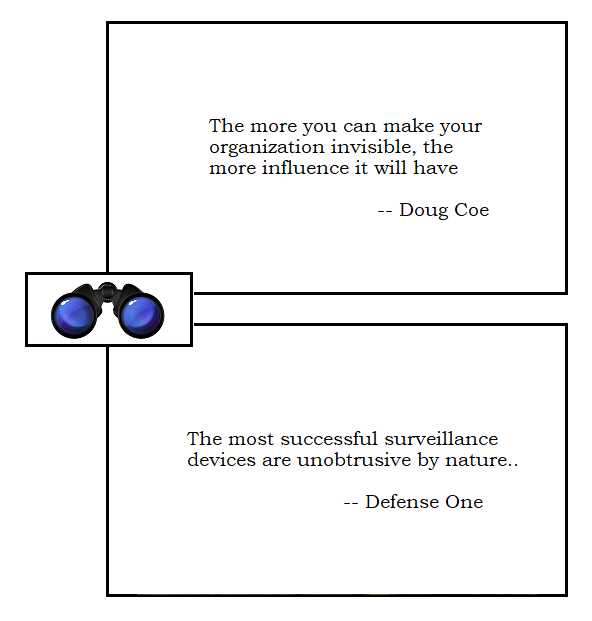On August 5, 2019 the Modi-led BJP government in India surprised most political observers by announcing its decision to revoke Article 370, a section of the Indian Constitution that had granted a special status to the state of Jammu & Kashmir (J&K) which allowed it significant autonomy from the federal government in India. This bold move sought to put an end to a lingering uncertainty and stalemate over the status of Indian-held J&K for nearly 72 years. Certain basic facts about the origins of this conflict are poorly understood by Western journalists and I dare say many Indians and Pakistanis themselves and bear repeating.
Laying My Cards On the Table
As an Indian-American who has now been living in the US for 25 years, I have gone through a cycle familiar to many a first-generation immigrant. I spent the first few years in America reacting to feelings of cultural disorientation in my new home by seeking to consciously renew my Indian identity and intensifying the emotional connection with the idealized homeland. Then in the middle act there was a period of beginning to feel more and more at ease in America, being able to view events in India with a greater sense of objectivity and less defensiveness, and then finally in the third and final act, a legal and emotional break with India by applying for US citizenship, an act which culminates in surrender of one’s Indian passport and renunciation of Indian citizenship.
During the first act of the three Act play above, it was a period marked by hyper-sensitivity to US and Western media coverage of India. I found the coverage offensive and lacking in any nuance. Overwhelmingly the coverage was critical and unflattering and coming across such examples was guaranteed to quicken the pulse, set the temple throbbing and unleash feelings of anger and rage. As one entered the second act, these symptoms declined in their intensity and usually I would decide to skim or even ignore reporting on India, which would inevitably be lacking in insight and empathy. Now well into the third and final act of the cycle above, it saddens me that the reporting on India continues to be low quality and lacking in insight and rigor. A quarter century later, nothing has really changed, even as India is undoubtedly transformed as a nation in the 25 years since I left the Matrabhumi (motherland).
When discussing controversial topics, I believe an author must be honest about their intellectual beliefs, predispositions and biases. I intentionally used the evocative term “Matrabhumi” to indicate that although I now see myself as an American first, and am legally not an Indian citizen anymore, the country of my birth continues to have an emotional resonance for me. As I have lived in America, I have come to appreciate how unique India is. There is simply no country that can compare when it comes to the extraordinary ethnic, religious and linguistic diversity of India. The only comparable global peer is America. Both of these countries serve as an example to the world and indeed an inspiration of how to weave a national identity out of more than the raw soil of tangible markers such as ethnicity, but from the intangibles of shared values, feelings and aspirations. I was born a Hindu and see myself as a Hindu today despite my complete lack of religious observance of any kind, and in fact my agnosticism. All of the above is to say in a somewhat long-winded fashion that I come to my views on the Kashmir conflict with a certain backdrop and world view, and readers are free to discount my views on that basis if they so wish. Continue reading Article 370 Revocation Through the Eyes of an Indian-American Immigrant – Part I

